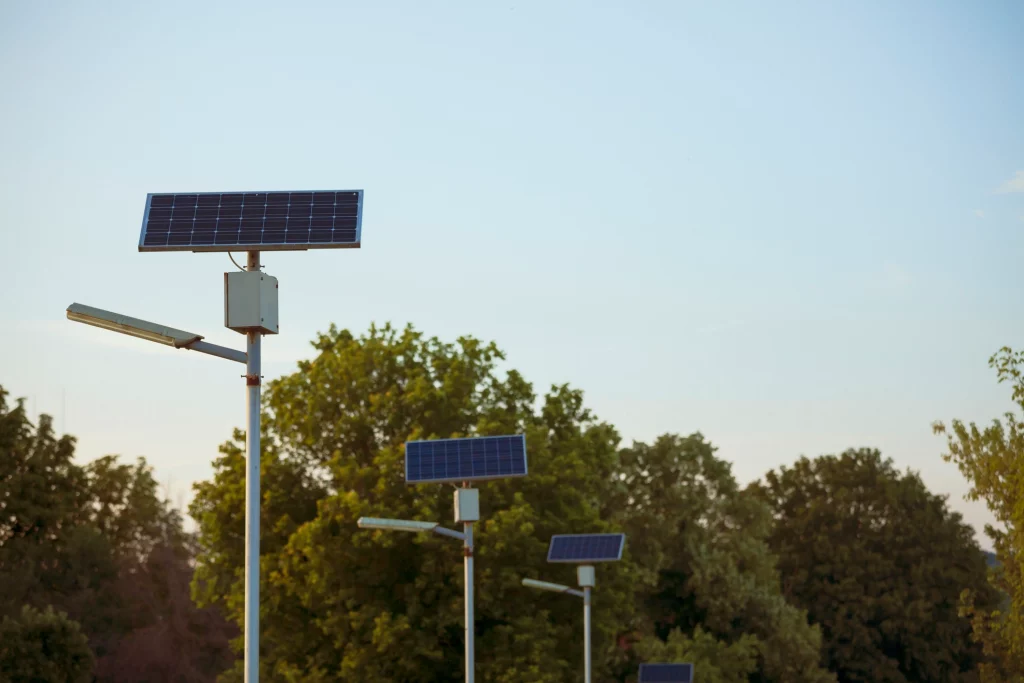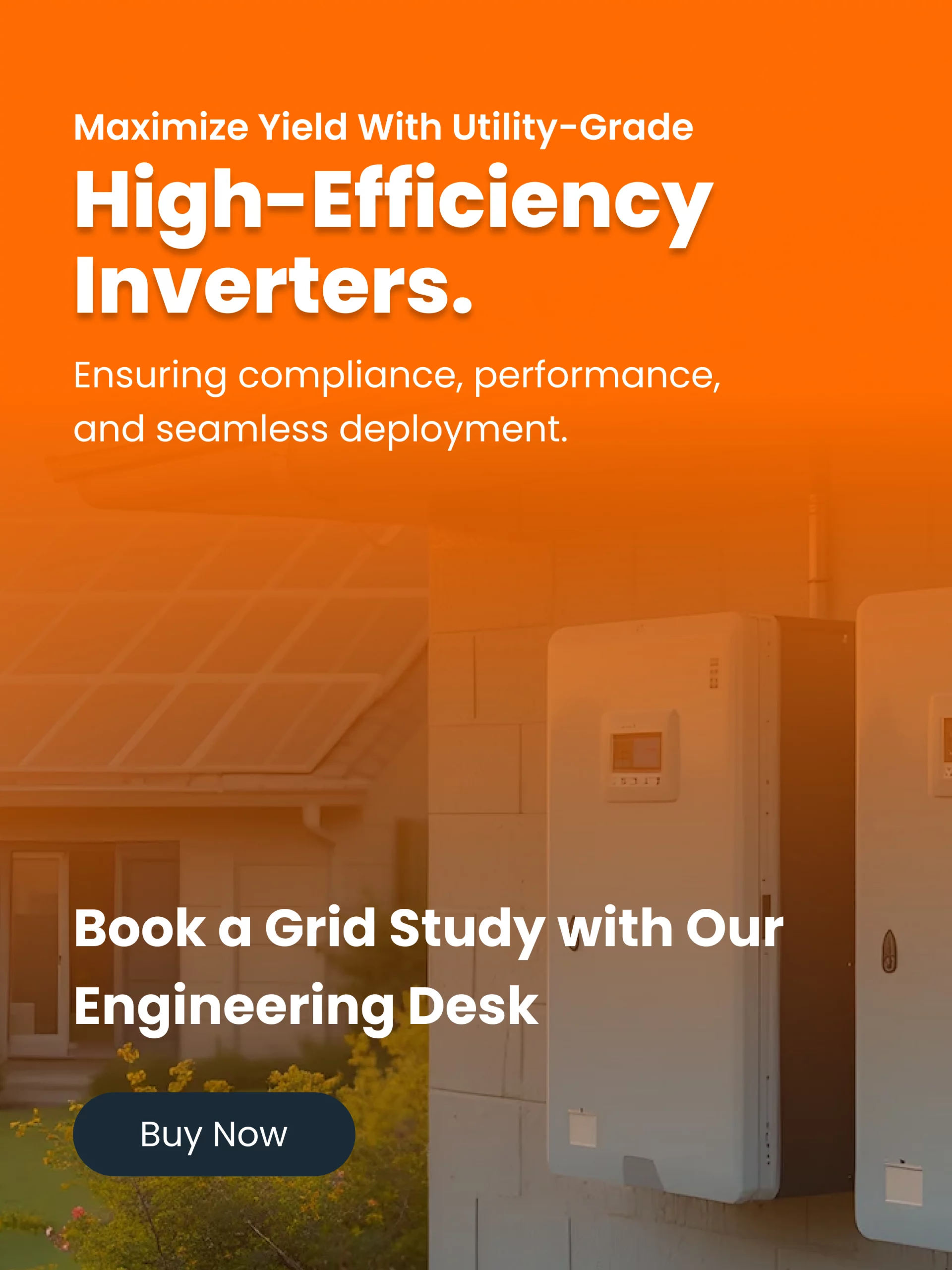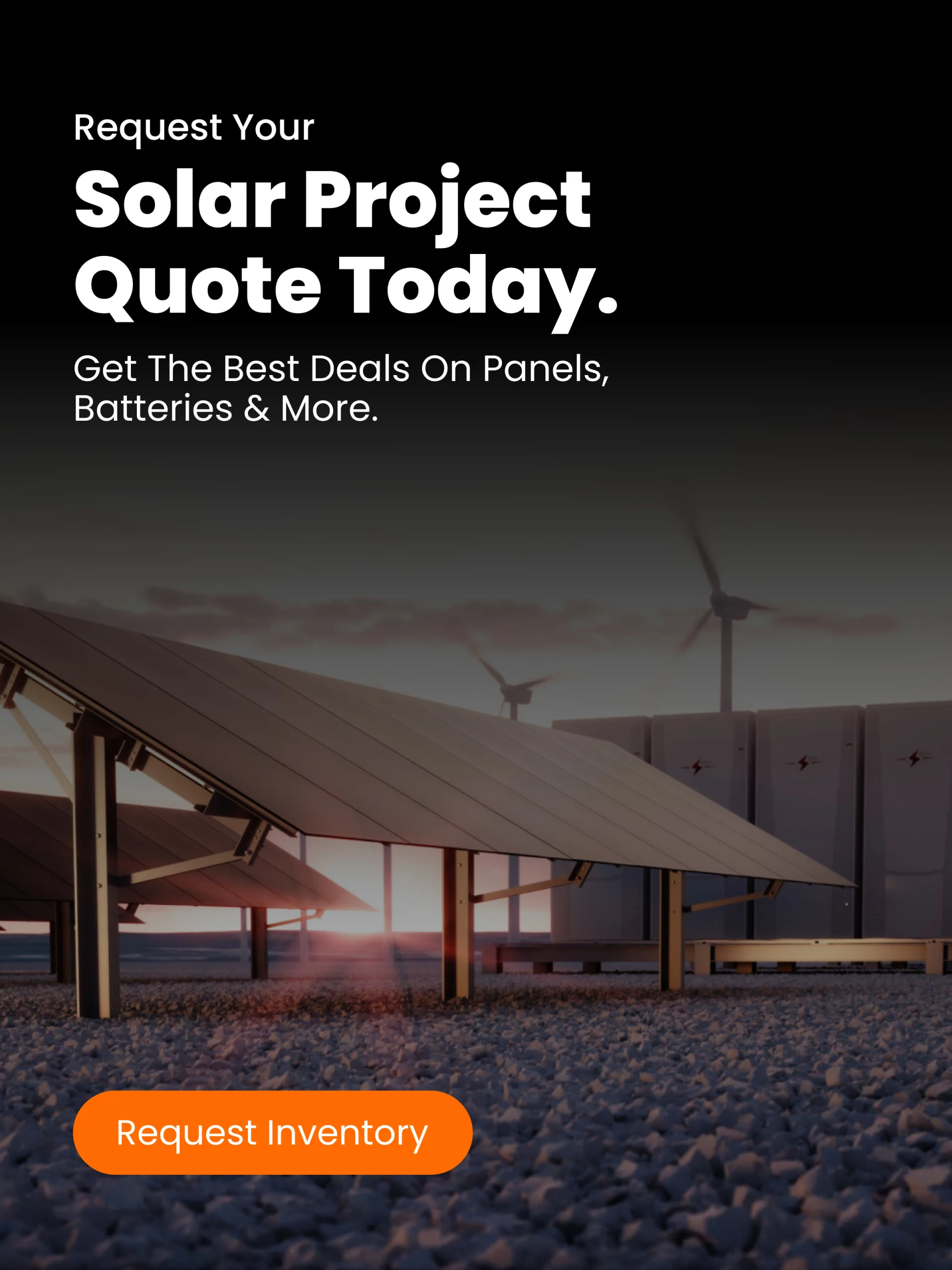Solar landscape lights have become a popular choice among homeowners seeking to enhance their outdoor spaces with energy-efficient and low-maintenance lighting solutions. These lights harness the sun’s energy to illuminate pathways, gardens, and other outdoor areas, offering both aesthetic appeal and functional benefits. However, like any product, solar landscape lights come with their own set of advantages and disadvantages. Understanding these can help you determine if they’re the right choice for your home.
What are solar landscape lights?
Solar landscape lights are outdoor lighting fixtures that utilize photovoltaic (PV) cells to convert sunlight into electricity. During the day, the PV cells absorb sunlight and store it in rechargeable batteries. At night, the stored energy powers the LED bulbs, providing illumination without the need for external electrical wiring. This design makes them particularly appealing for homeowners looking to reduce energy consumption and simplify installation processes.
Pros of solar landscape lights
1. Cost-effective
One of the primary advantages of solar landscape lights is their cost-effectiveness. Since they operate on solar energy, they don’t add to your electricity bill. Additionally, the absence of wiring and the simplicity of installation can reduce upfront costs compared to traditional lighting systems. Many solar lights come with long-lasting LED bulbs, further decreasing maintenance and replacement expenses.
2. Easy installation
Installing solar landscape lights is straightforward and typically doesn’t require professional assistance. Most models come with stakes or mounts that allow you to place them directly into the ground or attach them to existing structures. This ease of installation makes them an attractive option for DIY enthusiasts and homeowners looking to quickly enhance their outdoor spaces.
3. Environmentally friendly
Solar lights are an eco-friendly lighting option. They produce no greenhouse gas emissions during operation and help reduce reliance on fossil fuels. By utilizing renewable solar energy, they contribute to a decrease in your carbon footprint, aligning with sustainable living practices.
4. Low maintenance
Solar landscape lights require minimal maintenance. With no wires to check or replace, and LED bulbs that last for thousands of hours, the upkeep is generally limited to occasional cleaning to remove dirt and debris from the solar panels. This low-maintenance nature makes them a convenient choice for homeowners.
5. Enhanced safety and aesthetics
Properly placed solar lights can improve safety by illuminating walkways, stairs, and dark corners, reducing the risk of accidents. They also add aesthetic value to your outdoor spaces, highlighting landscaping features and creating ambiance during evening hours.
Cons of solar landscape lights
1. Weather dependency
The performance of solar landscape lights is directly tied to weather conditions. In regions with frequent cloud cover, rain, or shorter daylight hours, these lights may not receive sufficient sunlight to charge their batteries fully. This can result in dimmer illumination or shorter operating times during the night.
2. Limited brightness
While solar lights are suitable for ambient lighting, they generally don’t match the brightness levels of wired lighting systems. This limitation can be a drawback if you’re seeking to illuminate large areas or require bright lighting for security purposes.
3. Battery life and replacement
The rechargeable batteries in solar landscape lights have a finite lifespan, typically ranging from one to three years. Over time, their capacity to hold a charge diminishes, leading to reduced performance. Replacing these batteries can incur additional costs and require some maintenance effort.
4. Durability concerns
Not all solar landscape lights are built to withstand harsh outdoor conditions. Lower-quality models may be susceptible to damage from wind, rain, or physical impacts. It’s essential to select lights made from durable materials, such as stainless steel or high-quality plastics, to ensure longevity.
5. Aesthetic limitations
While solar lights come in various designs, they may not offer the same level of customization or aesthetic appeal as wired lighting systems. The need for solar panels and batteries can limit design options, and some models may not blend seamlessly with all landscaping styles.
Solar vs. low voltage landscape lighting
When considering outdoor lighting options, it’s helpful to compare solar lights with low voltage (LV) wired lighting systems.
- Solar lights: Operate independently, using solar energy stored in batteries. Ideal for areas without existing electrical wiring. Installation is simple, and they are cost-effective in the long run.
- Low voltage lights: Require a transformer to step down the standard 120V household voltage to a safer 12V. They offer consistent brightness and are suitable for illuminating larger areas. However, installation is more complex and may require professional assistance.
Each system has its advantages, and the choice depends on your specific needs, budget, and the layout of your outdoor space.
Conclusion
Solar landscape lights present a compelling option for homeowners looking to enhance their outdoor spaces with energy-efficient and low-maintenance lighting. Their cost-effectiveness, ease of installation, and environmental benefits make them an attractive choice for many. However, it’s essential to consider factors such as weather dependency, brightness levels, and durability when making your decision. By weighing these pros and cons, you can determine if solar landscape lights align with your outdoor lighting needs and preferences.
For those seeking a balance between solar and wired lighting, hybrid systems that combine both technologies are also available, offering flexibility and enhanced performance. Ultimately, the best choice will depend on your specific requirements and the unique characteristics of your outdoor environment.




